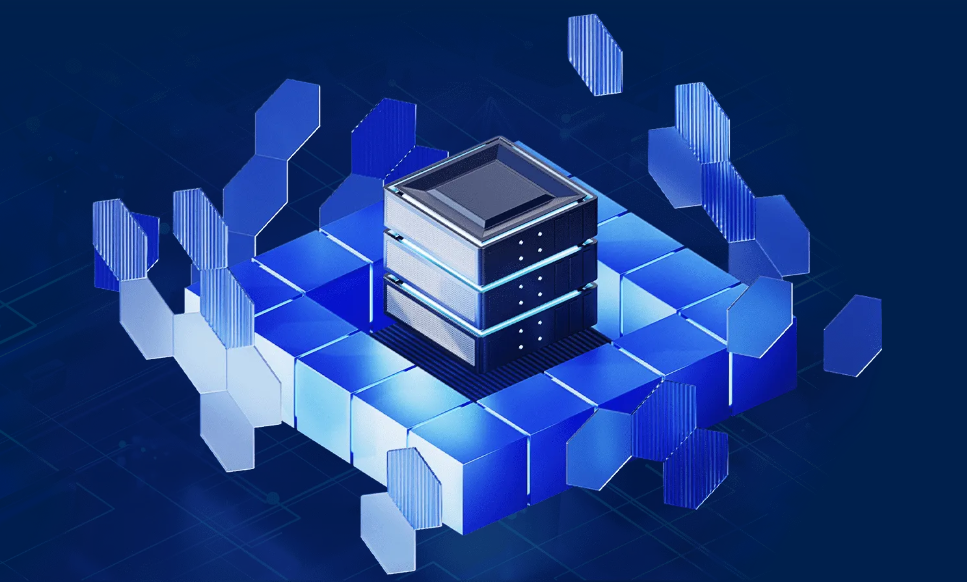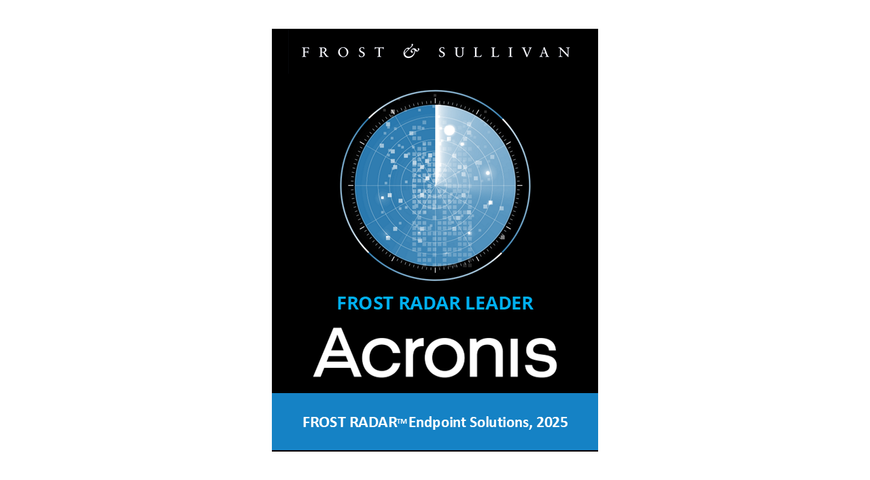
Approximately one quarter of all businesses operate from multiple locations. Whether they grew organically by expanding because of demand or proprietary innovations, or through mergers and acquisitions, all these businesses have one thing in common: they need to navigate a disparate environment that can include different geolocations, unconnected networks and technologies, and / or a variety of government and industry regulations. In other words, two or more facilities might operate under the same corporate umbrella, but that doesn’t mean they share the same technology landscape or use the same operating systems, cloud applications or family of devices.
For security teams, this hodgepodge of hardware to software to operating systems is a significant challenge to defend. Lack of consistency across organizations that have expanded naturally and gradually is just one part of the challenge. Add mergers and acquisitions, and you now figure in legacy systems and a network of technologies that don’t interact with one another, making it difficult for security teams to deliver effective solutions for company-wide cybersecurity and data protections.
4 challenges facing multilocation enterprises
While every business has its own unique technology challenges, there are four universal challenges that security teams can anticipate.
1. Multisite management issues
A corporation might have five locations or one hundred locations, but it will likely have one centralized security team that is charged with providing data protection and security solutions to each one, no matter where they are located geographically. Each endpoint attached to this corporate network will need the same level of protection, whether it is the computer down the hall from the security analyst or smart device in a factory on the other side of the country.
It’s not just about protecting this dispersed network with the same level of security — all of these endpoints and servers need the same backup protection, especially if the different locations are sharing data. However, networks, data and backup systems at remote locations may not be attached to a central corporate network, so connection speeds will differ across locations, and some legacy systems might not be able to handle high-capacity connections.
2. Numerous tools and technologies
Different locations often have different software and hardware inventories. Locations added through mergers and acquisitions will have their own technologies in place. An office that relies primarily on desktops will have very different needs than a factory that has internet of things (IoT) and industrial internet of things (IIoT) devices. An environment that depends on cloud computing will have different security concerns than one with its applications attached to on-premises servers. These disparate technologies and tools will all have very different basic data protection and security considerations, and all will need to be managed with equivalent precision to keep sensitive corporate data safe and available.
3. Geographic compliance issues
There is no universal data privacy or cybersecurity compliance organization or set of laws. Every country, state, town and industry has its own regulations. In a multilocation organization, the security team must show that they are compliant with all regulations relevant to the business, no matter how different they may be from one location to the next.
4. Resource and budget constraints
No security team has the budget it wants (or needs), and in 2024, security budgets are falling behind the needs. How cybersecurity is funded is often location dependent. Also, even though IT and security job opportunities are readily available, not every location has highly qualified staff on site and will struggle to attract an experienced staff without the budget to pay them.

The solution
Even many highly sophisticated enterprises aren’t able to keep up with the challenges presented by multilocation operations. The solution is to hire a managed service provider (MSP).
Acronis Cyber Protect Cloud, an integrated cybersecurity, backup, disaster recovery, management and automation platform for MSPs, offers the multitenant solutions needed in a disparate technical landscape. Different locations — or different divisions or brands located within the same location — can be configured and managed separately while data protection plans and backup schedules can be customized across more than one location. Importantly, all locations and users can be monitored via a single console. Through the MSP option, organizations can monitor and apply compliance based on regional requirements. Budgets and resources will no longer be an issue, as well.
MSPs provide a high-value service to multilocation companies, managing and delivering backup, disaster recovery and security solutions for their clients. The Acronis platform and solution portfolio provide what is arguably the best solution for MSPs to efficiently deliver security services to distributed and multilocation enterprises — as either a complete security and data protection solution or in conjunction with existing technologies to fill in the gaps for distributed enterprises.

About Acronis
A Swiss company founded in Singapore in 2003, Acronis has 15 offices worldwide and employees in 50+ countries. Acronis Cyber Protect Cloud is available in 26 languages in 150 countries and is used by over 21,000 service providers to protect over 750,000 businesses.



